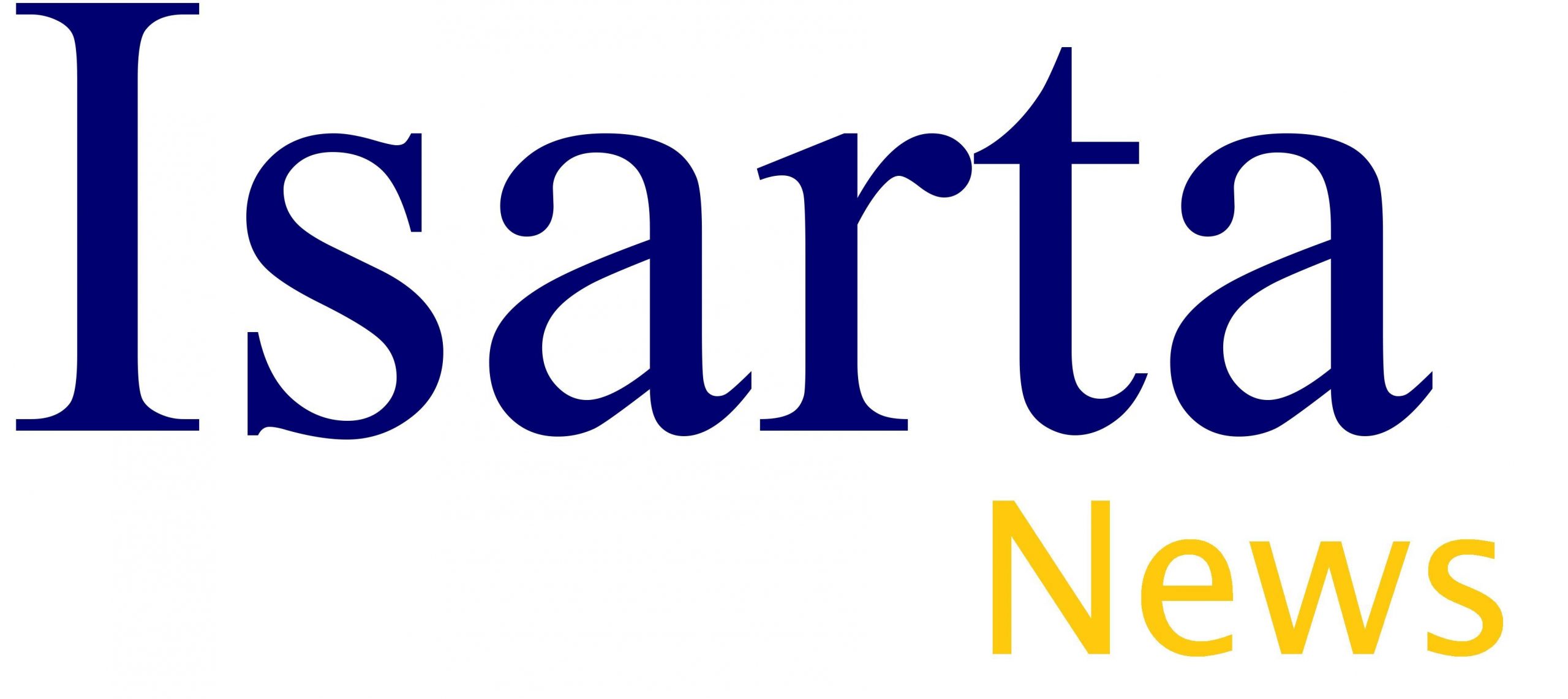With doses arriving across the country, one question keeps arising: Can employers require employees to get vaccinated before returning to work?
Marianne Plamondon, partner lawyer at Langlois Lawyers, and her colleague Philippe Bélisle, wondered whether imposing this injunction would follow the current legislative framework.
“Due to this situation’s unprecedented nature, there are unfortunately no useful precedents offering clear guidelines on how best to address this issue”, the lawyers explained on the firm’s website.
However, recognized legal principles, such as consent to care and the right to personal integrity, tell us that the basic idea of requiring employees to be vaccinated before returning to work will not pass the test of the courts.
“Getting vaccinated is a care. It requires patient’s consent, Marianne Plamondon, contacted by telephone, confirms. It takes a free, prior and informed consent.”
Langlois’ lawyers see two possible alternatives. First, the government could decree that vaccination is mandatory – which it discarded so far.
“The other, more realistic option available to employers is to demonstrate that employee immunization is a bona fide occupational requirement (BFOR) due, for instance, to frequent and repeated contact with vulnerable clients. “
The two lawyers mention health workers as well as the education network as examples, which could arguably demonstrate this need.
We can also imagine that companies where employees work closely – like a slaughterhouse – where several outbreaks have been seen despite sanitary measures put in place could also do that demonstration », Marianne Plamondon specifies.
In the event that employers managed to prove a real contamination risk, they could then have the option of removing the employee who refuses to get vaccinated from the risk environment, potentially without pay, and implementing an alternative solution, like transferring them to another department where others’ safety is not at risk.
Vaccines are not a substitute to masks
The lawyer brings an important perspective : as of today, the vaccine cannot substitute masks and social distancing as long as sanitary measures recommended by public health services are in place.
“Until further notice, sanitary measures continue to apply, according to what is asked by the CNESST”, Marianne Plamondon confirms.
Therefore, vaccinated employees won’t be able to exempt themselves from wearing a mask and keeping safety distances at work.
Relying on awareness
Faced with limited legal remedies, the Langlois firm’s lawyer suggests employers rely on awareness to mobilise employees and encourage them to get vaccinated.
“A reminder from the employer that everyone has a role to play in ending the pandemic and that vaccination can be an effective tool to bring about a return to normal could mobilize employees.”




